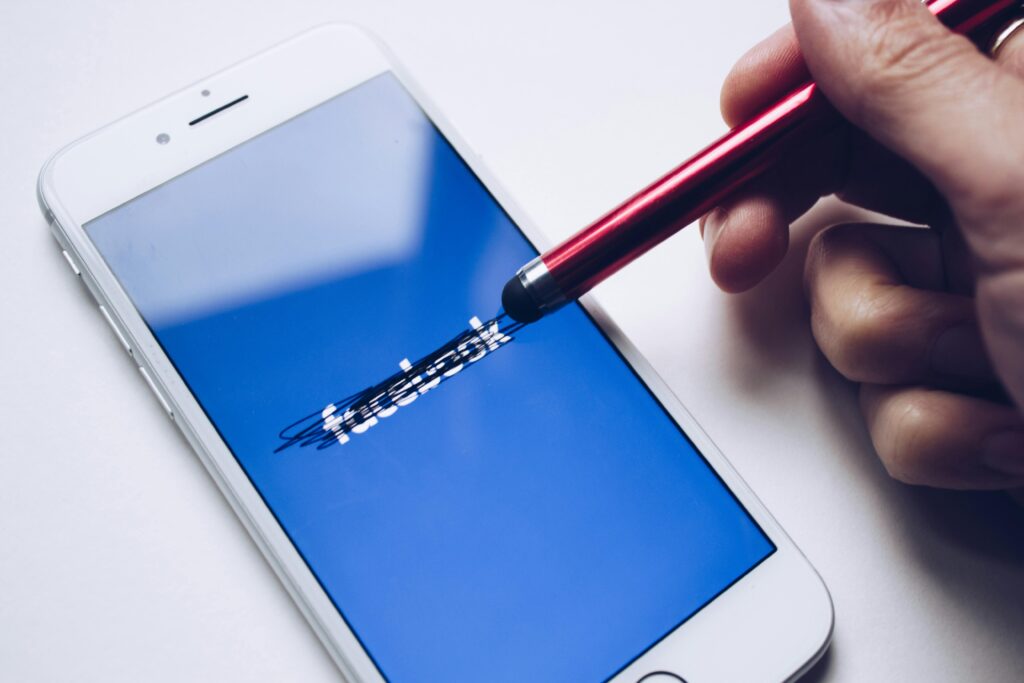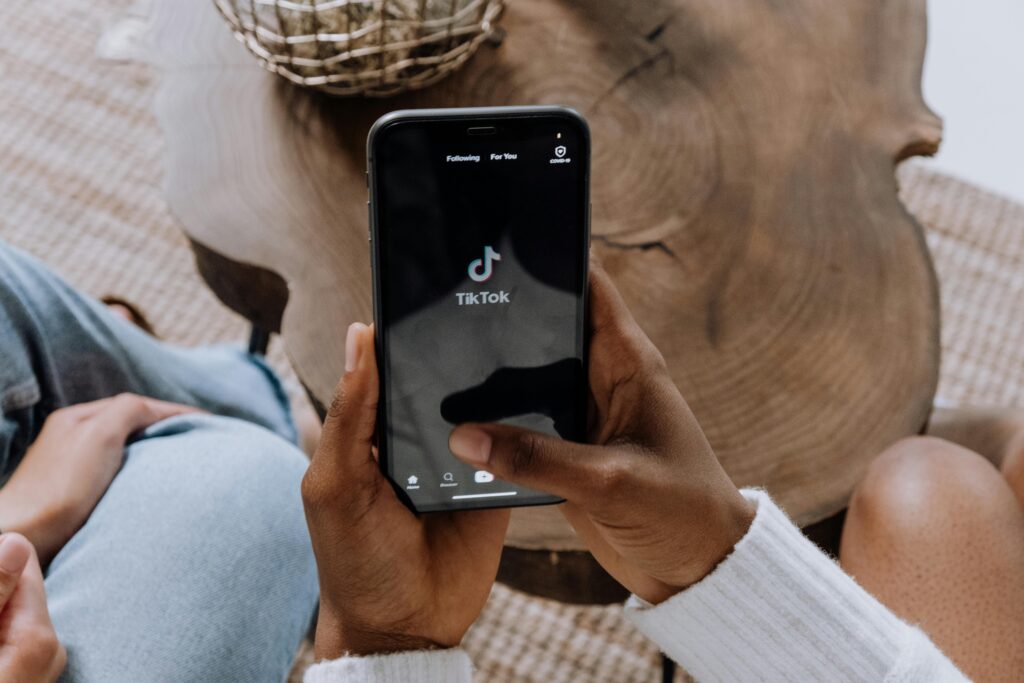The recent ban on TikTok in the United States was presented as a victory for national security. Politicians lauded the move, claiming it protected American users from Chinese surveillance. But as the dust settles, a far darker narrative has emerged: META, the tech giant behind Facebook and Instagram, secretly acquired TikTok, with former President Donald Trump likely brokering the deal. This isn’t just a story of corporate intrigue; it’s a masterclass in how power and influence can manipulate the public for personal gain.
META’s Secret Takeover: The Smoking Gun
When TikTok was banned in the U.S., it sent shockwaves through the social media landscape. However, what went unnoticed initially were subtle changes in TikTok’s content feeds. Users began noticing an influx of META advertisements—Facebook and Instagram accounts were suddenly dominating TikTok’s algorithm. Curiously, those who blocked META-related accounts reported their feeds returning to normal, raising the question: Why would META accounts influence TikTok feeds unless they had control over the platform?
These reports strongly suggest that META didn’t just acquire TikTok; it did so quietly, possibly to avoid scrutiny and backlash. By keeping the acquisition under wraps, META has managed to extend its stranglehold on social media while claiming innocence. This calculated move ensured that TikTok’s massive user base—largely Gen Z—remained unaware that they were now feeding META’s profit machine.
Trump and Zuckerberg: The Odd Couple
The connection between Donald Trump and Mark Zuckerberg is not as far-fetched as it seems. Let’s not forget that Zuckerberg’s unexpected presence at Trump’s 2017 inauguration raised eyebrows. While it’s easy to dismiss this as a mere courtesy, the timing aligns suspiciously with Trump’s later executive orders targeting TikTok. It’s plausible that discussions about TikTok’s future were already underway during Trump’s presidency.
Trump’s role as a dealmaker cannot be overlooked here. The TikTok ban conveniently made the platform vulnerable, making it ripe for acquisition. META, already a beneficiary of Trump’s tax cuts and deregulation policies, stood to gain immensely from this arrangement. Was this a quid pro quo? It certainly looks that way. Trump’s aggressive push to ban TikTok created the perfect smokescreen for META to swoop in and claim the prize.
What Are They Hiding?
The lack of transparency surrounding this deal is alarming. Neither META nor Trump has publicly acknowledged their roles, and the mainstream media has largely turned a blind eye. But the implications are staggering. By controlling TikTok, META gains access to an entirely new demographic—a treasure trove of data that can be weaponized for targeted advertising and political propaganda.
Consider the timing. META has been embroiled in controversies over privacy violations, misinformation, and monopolistic practices. Acquiring TikTok provides a fresh avenue to dominate the social media landscape and distract from its ongoing legal troubles. Meanwhile, Trump, who has always been a master of distraction, benefits by shifting attention away from his own political and legal woes.
Lessons From History: Other Deals and Bans
This isn’t the first time a high-profile ban or acquisition has been used to mask ulterior motives. Remember when Trump targeted Huawei, citing national security concerns? While the ban crippled Huawei’s market share in the U.S., it conveniently benefited American tech companies eager to fill the gap. Similarly, when Microsoft attempted to acquire TikTok’s U.S. operations in 2020, the deal fell through, raising questions about whether META’s involvement was already in motion.
These cases reveal a pattern: public safety and national security are often used as convenient shields for corporate and political power plays. The TikTok ban is no exception.
The Bigger Picture: What This Means for Us
META’s secret acquisition of TikTok is a wake-up call. It’s a stark reminder that corporate and political interests often align at the expense of transparency and accountability. By monopolizing yet another platform, META tightens its grip on the flow of information, leaving users with fewer alternatives and less control over their data.
As for Trump, his involvement underscores how political power can be wielded to benefit personal allies. The TikTok ban wasn’t about protecting Americans; it was about consolidating power and profit. This deal, shrouded in secrecy, is a betrayal of public trust.
What Can We Do?
- Demand Transparency: Call on META and lawmakers to disclose the details of this acquisition. The public deserves to know how and why this deal was made.
- Diversify Your Platforms: Explore alternatives like Telegram, Session, or Mastodon—platforms that prioritize user privacy and decentralization.
- Stay Informed: Don’t take headlines at face value. Dig deeper, question motives, and hold those in power accountable.
- Advocate for Regulation: Support policies that limit the monopolistic power of companies like META.

Power Plays in the Shadows
The TikTok ban and its secret acquisition by META reveal a disturbing truth: those in power will go to great lengths to manipulate narratives and maintain control. Trump and Zuckerberg may seem like unlikely allies, but their shared interests have resulted in one of the most significant power plays in recent history. As users, we must remain vigilant, question authority, and fight for a digital landscape that prioritizes transparency and fairness over greed and propaganda.
The next time you scroll through TikTok, remember: the app may look the same, but its puppet masters have changed. And they’re banking on you not noticing.
Find Out More About How Your Data Is Being Used Against Your Approval!


